Table of Contents
Mercedes M282 1.3 L Turbo Engine (2018–Present)
The Mercedes M282 engine is a compact, turbocharged inline-4 introduced in 2018 and co-developed with Renault-Nissan. It powers models such as the A-Class (W177), CLA (W118), GLA (H247), and GLB (X247).
Despite its small displacement, the M282 offers responsive performance (134–161 hp) and impressive efficiency, thanks to features like direct injection, a twin-scroll turbo, cylinder deactivation, and gasoline particulate filter (GPF).
While generally reliable, some owners have reported carbon buildup, thermostat faults, and AC-related leaks, making proper maintenance crucial.
For more engines, check our Mercedes Engine Types Hub.
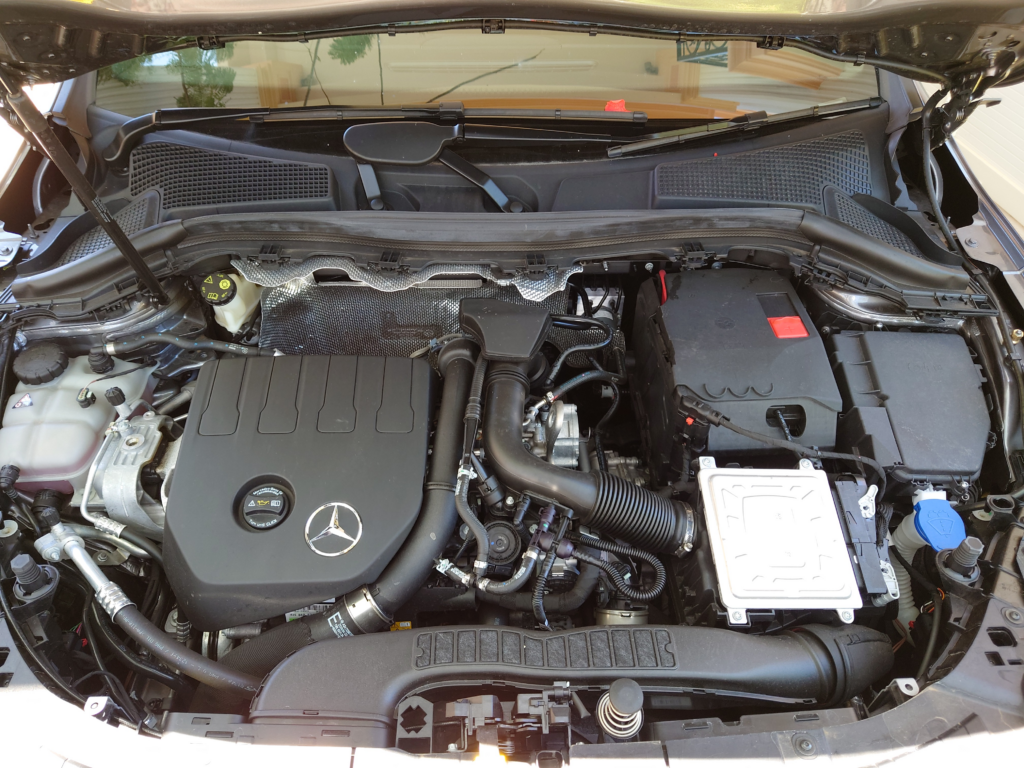
M282 Variants & Specifications
| Variant | Power / Torque | Key Features | Applications |
|---|---|---|---|
| M282 DE14 (80 kW) | 109 PS / 180 Nm | Entry-level efficiency | A180, CLA180, B180 |
| M282 DE14 (100 kW) | 136 PS / 200 Nm | Balanced city/highway | A180/CLA180, GLA |
| M282 DE14 LA (120 kW) | 163 PS / 250 Nm | Most powerful variant | A200, CLA200, GLB |
Core technologies:
- – Aluminum open-deck block
- – Direct injection with carbon-coated bores
- – Twin-scroll turbocharger
- – Cylinder deactivation (2-cyl. shut-off at low loads)
- – Gasoline particulate filter (GPF)
Reliability of the M282
The M282 is still relatively new, but early signs show strong reliability if maintained correctly.
Strengths:
- – Efficient and lightweight design
- – Meets strict Euro 6d-TEMP emissions standards
- – Smooth performance for urban driving
Weaknesses:
- – Some vibration at idle (reported by owners)
- – Potential carbon buildup on intake valves
- – Cooling system and AC-related issues reported in case studies
Longevity: With timely servicing, the M282 is expected to last 150,000+ miles (240,000 km).
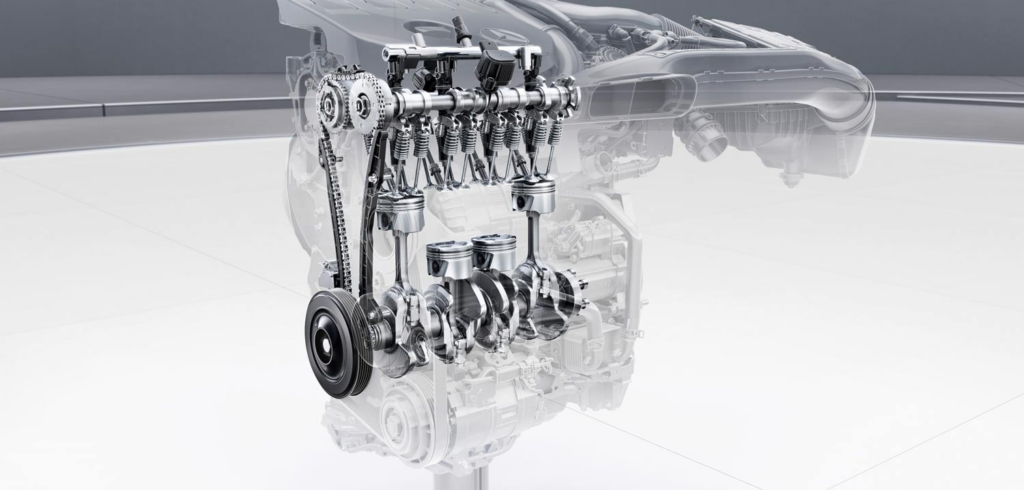
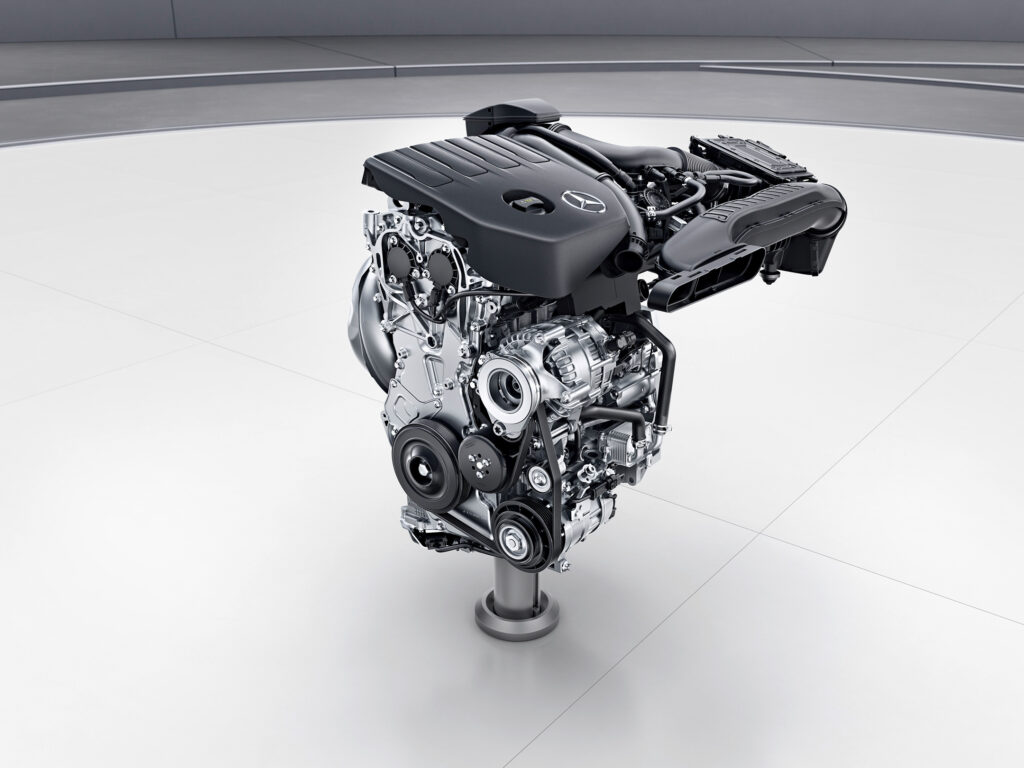
Common M282 Problems & Fixes
| Problem | Symptoms | Fix / Notes |
|---|---|---|
| Carbon buildup (DI engines) | Rough idle, poor MPG, flat spots | Walnut-blast intake every ~60k mi |
| Thermostat failure | Overheating, fluctuating temp gauge | Replace thermostat to avoid damage |
| AC compressor/oil leaks | Oil stains on timing cover, AC weak | Inspect AC, reseal/replace compressor |
| Coolant issues | Warning light, overheating | See Leaking Thermostat Housing Fix |
| Non-start cases | Cranks but won’t start | See Engine Cranking But Not Starting Case Study |
Explore detailed M282 case studies:
Mercedes Check Coolant Level : CLA 118 Case Study & Solution
Mercedes Not Starting : CLA 118 Case Study & Solution
Engine Cranking But Not Starting : Case Study & Solution
Fuel Needle Not Working : Case Study & Solution
Oil In Coolant : Case Study & Solution
Coolant Light : Solution Made Easy with Case Study
Leaking Thermostat Housing : Replace it easily
My Check Engine Light is On Why: Fix it Quickly
Engine Vibration: Diagnosis and Repair
Overheating Caused by Oil in Coolant: Here Is the Fix 100%
Maintenance Checklist
- – Carbon clean intake valves every ~60k miles
- – Replace thermostat if overheating issues appear
- – Inspect AC system for leaks regularly
- – Use only OEM 229.5-approved synthetic oils (5W-30 or 0W-40)
- – Oil changes: every 10,000 miles / 12 months (shorter for harsh use)
M282 Engine Oil Capacity
- – Capacity: ~5.4 liters (with filter)
- – Oil type: MB 229.5 fully synthetic, e.g. 5W-30 or 0W-40
- – Change interval: 10k mi / 12 months (more frequent recommended for heavy driving)

M282 Thermostat : Function & Issues
The thermostat regulates engine operating temperature.
- – Failure signs: Overheating, fluctuating temps, slow cabin heating
- – Fix: Replace with OEM thermostat quickly to prevent head gasket damage
- – Tip: Always inspect coolant hoses during thermostat replacement

M282 Engine Tuning Potential
Although compact, the M282 offers tuning opportunities thanks to its turbo setup.
- – ECU remap: +20–30% power gains possible (warranty risk).
- – Hardware upgrades: Intercooler, intake, exhaust for improved airflow.
- – Caution: Increased boost = more stress on engine components.
Which Cars Have the M282 Engine?
FAQs : Mercedes M282
Q1: Is the M282 a reliable engine?
Yes, provided oil changes and servicing are done on time. Early signs of reliability are positive.
Q2: What’s the oil capacity of the M282?
Approx. 5.4 L with filter, MB 229.5 approved oils only.
Q3: Does the M282 suffer from carbon buildup?
Yes, like most direct injection engines. Walnut blasting every ~60k mi helps.
Q4: What cars use the M282?
It powers compact Mercedes models: A-Class, CLA, GLA, and GLB.
Q5: Is the M282 good for tuning?
Yes, ECU remaps unlock more power, but may reduce longevity and void warranty.
Conclusion
The Mercedes M282 1.3L turbo engine is a modern, efficient powertrain for compact Mercedes models. It blends fuel efficiency, emissions compliance, and decent performance in everyday driving.
With proper maintenance timely oil changes, thermostat monitoring, and carbon cleaning the M282 remains a reliable engine. While not built for high-performance enthusiasts, it’s a practical, innovative choice for daily drivers in the Mercedes compact lineup.
Continue learning in our Mercedes Engine Types Hub.
Author
Written by Mercedes Expert
With years of hands-on experience diagnosing and repairing Mercedes-Benz systems, he brings technical depth and practical case studies to help car owners, technicians, and enthusiasts troubleshoot complex automotive issues. His work focuses on clear repair guides, OEM-level procedures, and knowledge-sharing to empower both professionals and drivers.
Last Updated: September 2025

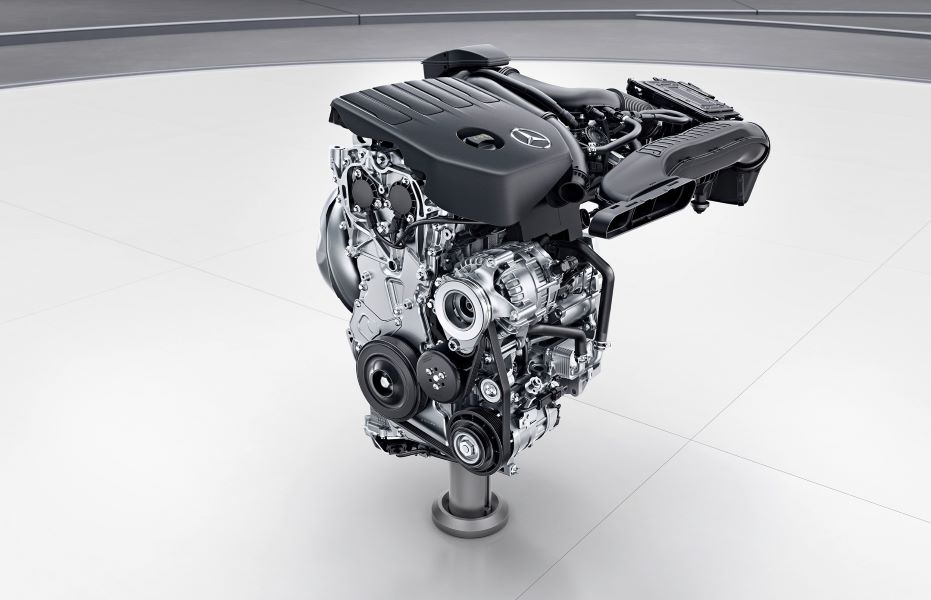


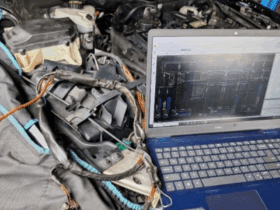
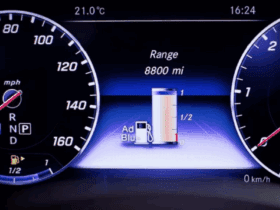
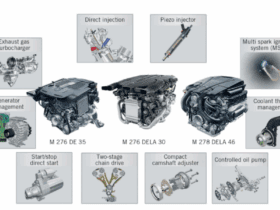
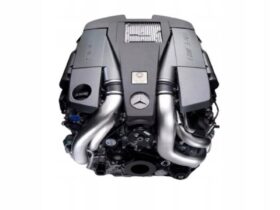
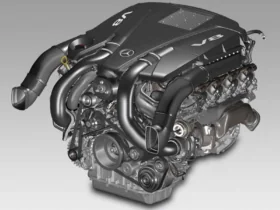
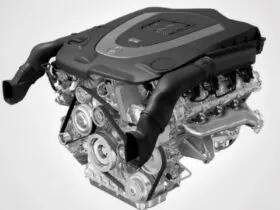
Great summary for this engine ! Thank you for the excellent investigated brief summary.
Thank you! I really appreciate the encouragement.